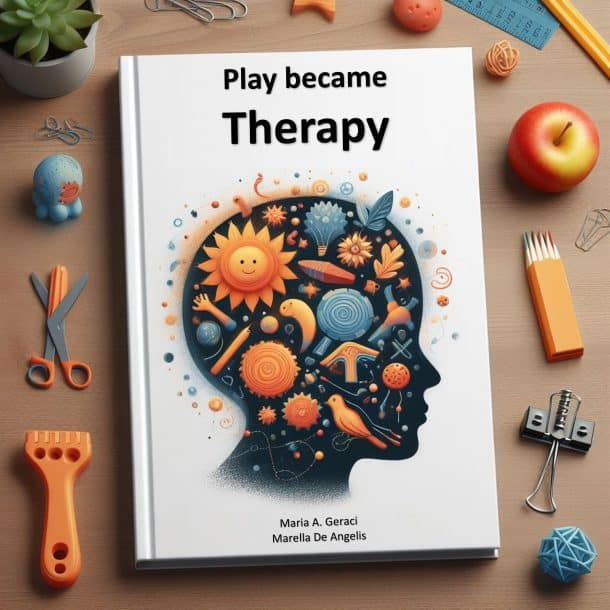CBPT BASIC THEORETICAL MODEL
Learn the basic features of Cognitive Behavioral Play Therapy
About CBPT Basic Theoretical Model course
Cognitive Behavioral Play Therapy (CBPT) is an evolutionarily sensitive adaptation of Cognitive Behavioral Therapy (CBT). CBT is an established treatment for adolescents and adults, aimed at changing the negative thought patterns that cause negative emotions and maladaptive behaviors. CBPT is designed specifically for children between the ages of 2½ and 8 and emphasizes the use of play to provide effective CBT strategies. Since play is a natural process in young children, the child is able to actively participate in the acquisition of strategies. Therefore, the techniques can be taught and communicated in an engaging and accessible way. Modeling is often used to communicate interventions, but other methods are also used. A wide range of cognitive and behavioral intervention methods are included in the treatment. CBPT teaches the generalization of learned adaptive behaviors to other contexts and incorporates relapse prevention techniques. Overall, the treatment is both structured and unstructured, which allows for a balance between active collaboration and spontaneous learning. Similarities and differences between the game’s various therapeutic approaches will be explored. Many case examples will be used to demonstrate both the implementation and effectiveness of CBPT. Relevant research will be presented. All of this will be presented in four separate lessons.
CBPT Basic Theoretical Model Course Objectives
At the end of the module, participants should be able to:
- Understand the theoretical foundations of Cognitive Behavioral Play Therapy (CBPT)
- Understand the principles of CBT that apply to young children in CBPT
- Understanding CBPT with preschool and school age children
- Apply CBPT with preschool and school age children
- Learn from examples of cases where CBT interventions can be adapted for use with children
- Understand the differences between CBPT and more traditional play therapies.

CBPT Basic Theoretical Model Course Requirements
The course is aimed at:
- Psychiatrists
- Psychologists
- Clinical Social Workers Or Licensed Independent Social Workers
- Licensed Professional Counselors
- Licensed Marriage And Family Therapist
- Licensed Mental Health Clinical Nurse Practitioner
The delivery of the certificate of attendance at the conclusion of the course will be tied to the evaluation of the participants’ requirements. In the absence of the requirements, the course hours will not be certified.
CBPT Basic Theoretical Model Course Curriculum

Course in original language English
DISCOVER CBPT COURSES
VIDEO COURSE AND TEACHING MATERIALS IN ENGLISH
Module 1: Basic Theoretical Model of CBPT
What is Cognitive Behavioral Play Therapy? (21:13)
How do to CBPT? (35:45)
Important considerations in CBPT (34:14)
Designing CBPT for a child (50:47)
Learning Test
Your CBPT Instructor

Susan M. Knell holds a PhD in Clinical Psychology and a MA in Developmental Psychology. She is the author of the book, Cognitive Behavioral Play Therapy (1993) which has been translated into Italian and Turkish. As the first to study and write about the application of Cognitive Behavior Therapy to young children, she integrated Cognitive Behavioral interventions and Play therapy in developmentally sensitive ways. She has written chapters on CBPT in many edited books on Play Therapy. As a clinical Psychologist, she has provided assessment and therapeutic services to children, adolescents, and adults for almost 40 years. In addition to her clinical practice, she supervises graduate students, trains mental health professionals internationally, and has done research and teaching.
START CBPT BASIC THEORETICAL MODEL COURSE NOW!
Let’s keep in touch
Entroll for the mailing and receive the latest updates
We respect your privacy.

